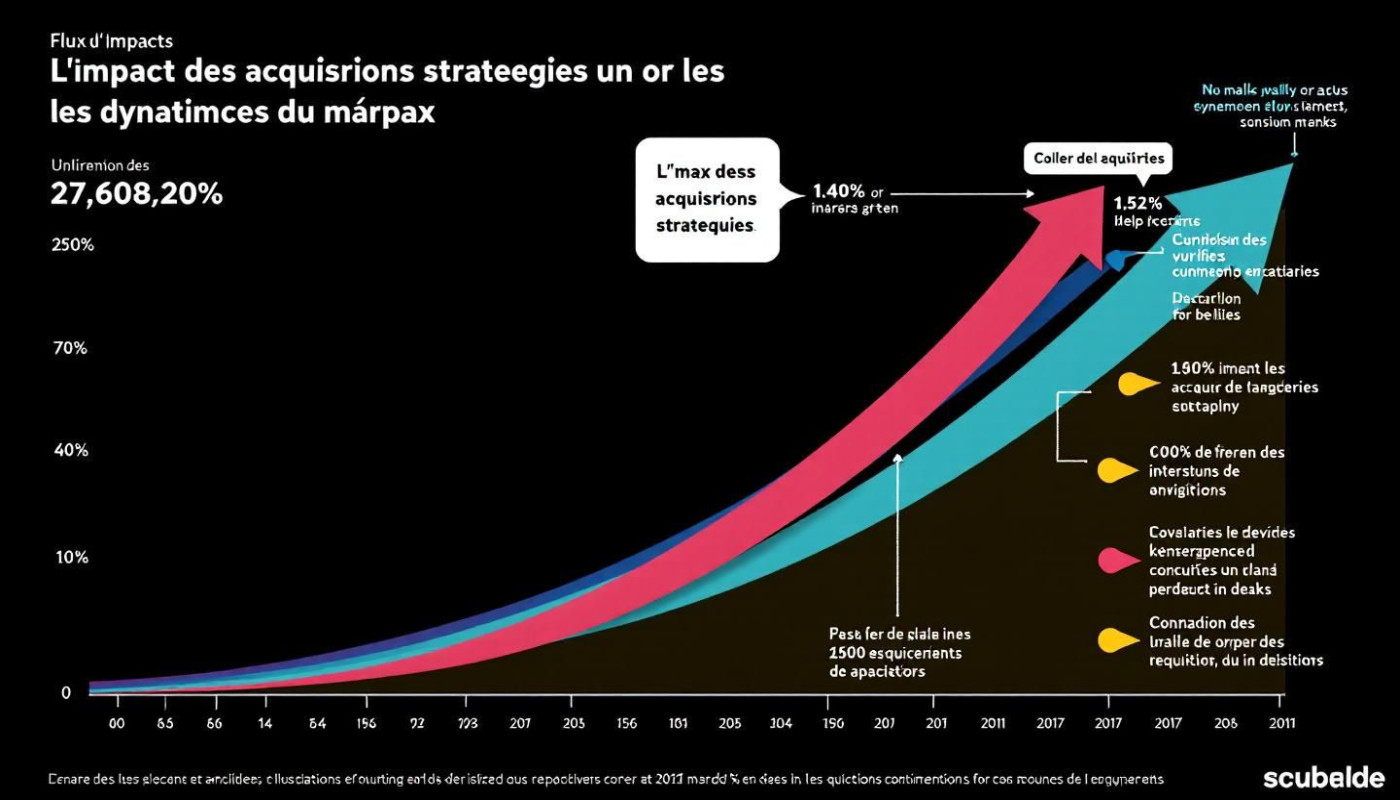Table of contents
In the rapidly evolving world of financial technology, navigating regulatory frameworks is a challenge that many businesses face when expanding internationally. Understanding the advantages of obtaining an EMI license can unlock new possibilities for global FinTechs, allowing them to provide more robust and compliant services. Delve into the unique value this regulatory approval holds, and discover how it can transform your business strategy and global reach.
The foundations of an EMI license
An EMI license, or Electronic Money Institution license, represents a specialized form of regulatory authorization granted to companies that provide payment services and issue electronic money. Entities that typically seek this licensing include FinTech startups and established financial service providers aiming to operate across borders, leveraging regulatory passporting within the European Economic Area and beyond. The scope of an EMI license extends to activities such as issuing e-money, processing electronic payments, and managing prepaid cards, all under strict frameworks ensuring regulatory compliance and robust client safeguarding. Regulatory bodies, including national financial supervision authorities, oversee these institutions to guarantee that customer funds are segregated from company assets, minimizing risks and fostering consumer trust in the sector.
Legal compliance serves as a foundational requirement, involving rigorous procedures such as due diligence, anti-money laundering checks, and ongoing audits to uphold the integrity of payment services. The process for obtaining an EMI license demands comprehensive documentation, fit and proper assessments of key personnel, and demonstration of adequate financial resources. For FinTechs, this licensing not only unlocks access to new markets but also enhances their reputation by signaling adherence to high regulatory standards. As a result, customers and business partners are more likely to trust and engage with EMI license holders, recognizing the added protection of client funds and the commitment to transparency demanded by financial supervision authorities.
International expansion opportunities
Securing an EMI license significantly enhances international expansion for global FinTech companies by granting access to streamlined regulatory frameworks. Through passporting rights, a FinTech can operate seamlessly in multiple jurisdictions without the need to obtain individual licenses for each country, particularly within the European Economic Area. This capability simplifies the process of offering cross-border payments and financial services, fostering a truly borderless business model. Regulatory harmonization under an EMI license means compliance obligations are consistent across participating regions, which not only reduces operational complexity but also enables faster market entry and broader customer outreach. Leveraging these advantages, a global FinTech can rapidly scale its operations, strengthen its market presence, and introduce innovative international payment solutions that meet the evolving needs of clients worldwide. The competitive edge provided by an EMI license positions companies to become leaders in facilitating efficient, secure, and accessible cross-border transactions on a global scale.
Enhanced trust and customer protection
An EMI license stands as a cornerstone for customer protection and trust in the global FinTech landscape. One of the key requirements under an EMI license is fund segregation, which ensures that customer funds are held separately from the company’s working capital. This mechanism safeguards client money, as these funds are protected against claims from creditors and cannot be used for operational expenses. In addition, robust consumer protection measures are embedded within the EMI license framework, obliging licensed entities to follow strict FinTech compliance protocols. Regulatory oversight by financial authorities constantly monitors adherence to these standards, holding firms accountable and maintaining high operational integrity. As a result, clients experience increased consumer trust, knowing that their assets are managed under well-defined compliance frameworks, which not only prevent misuse but also provide recourse in the event of disputes. This level of transparency and accountability fosters lasting customer relationships, supporting the sustainable growth that is so vital in the competitive world of financial technology.
Operational efficiency and scalability
Holding an EMI license grants global FinTechs a regulatory foundation that supports both operational efficiency and seamless platform scalability. By leveraging modular infrastructure and advanced API integration, companies streamline their core processes, enabling rapid onboarding of new services or markets without the need for continual reengineering. Automated compliance systems, powered by up-to-date regulatory frameworks, minimize manual intervention, reduce human error, and ensure ongoing adherence to financial standards, even as business models evolve or expand. Regulatory approval associated with an EMI license also grants FinTechs the agility to adopt emerging technologies, such as real-time transaction monitoring and advanced encryption, which further enhance both security and user experience.
Operational frameworks enabled by an EMI license foster rapid scaling by allowing for the integration of third-party solutions and new payment rails, all while maintaining compliance and data integrity. This is particularly valuable for organizations seeking international expansion, as the unified regulatory approach streamlines cross-border operations and mitigates risks related to differing local requirements. For companies targeting the European market, securing an EMI license in Europe not only legitimizes their platform but also accelerates growth across multiple jurisdictions, utilizing the regulatory passporting capabilities granted by the license.
Innovative product and service offerings
Holding an EMI license grants FinTechs the regulatory foundation required to create and deliver a diverse array of innovative FinTech products. With such a license, companies can introduce advanced digital wallets, prepaid cards, and embedded finance solutions, all designed to meet the evolving needs of global customers. The EMI license supports the integration of open banking APIs, enabling seamless connectivity with multiple financial institutions and enhancing user experience through personalized services. By leveraging multi-currency solutions, organizations can offer cross-border spending and currency management features that appeal to today’s internationally minded clientele. Regulatory flexibility provided by an EMI license allows FinTechs to adapt their offerings rapidly, launching new products or features in response to shifts in user demand or market trends, and ensuring tailored, compliant solutions for a wide range of clients and business models.





